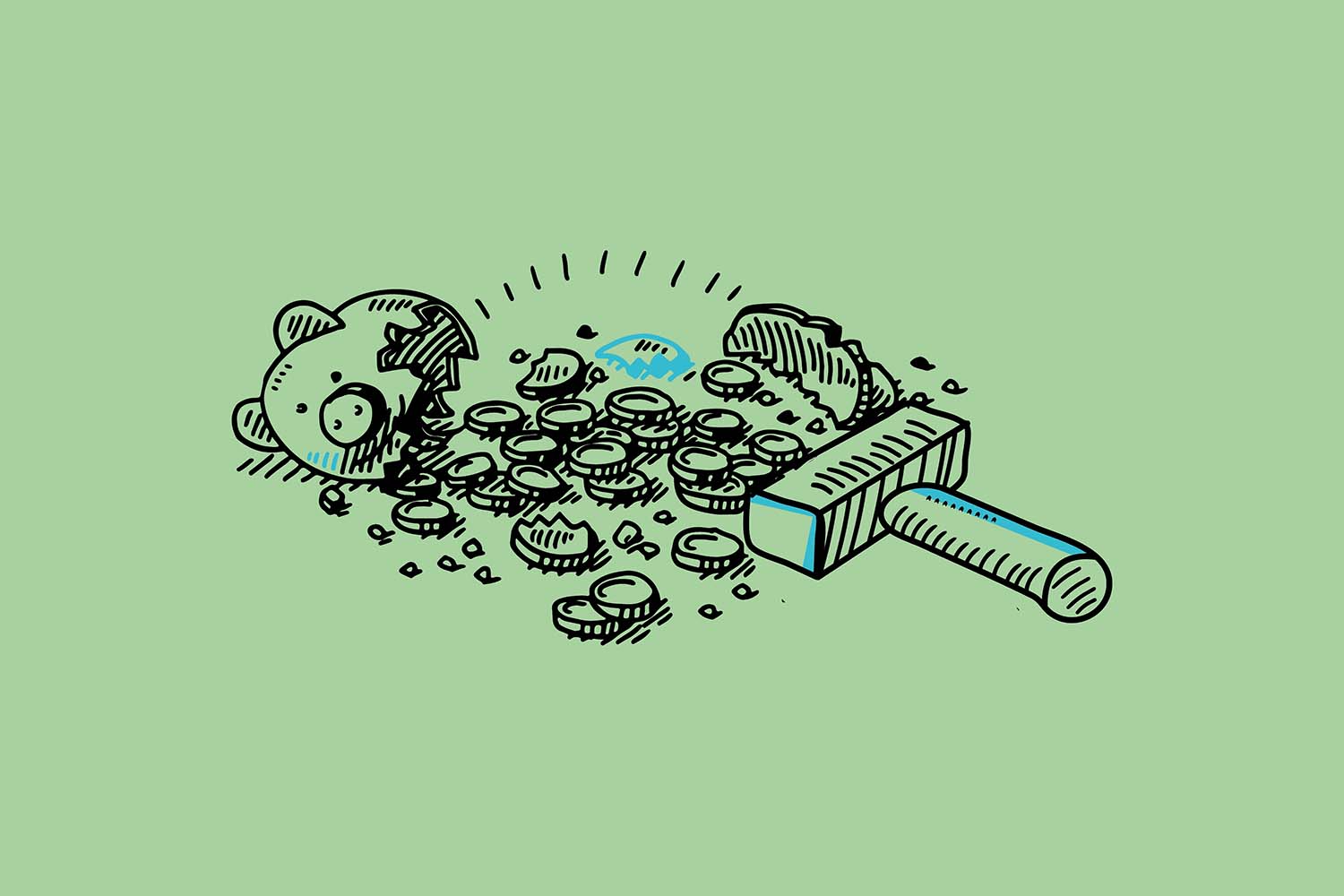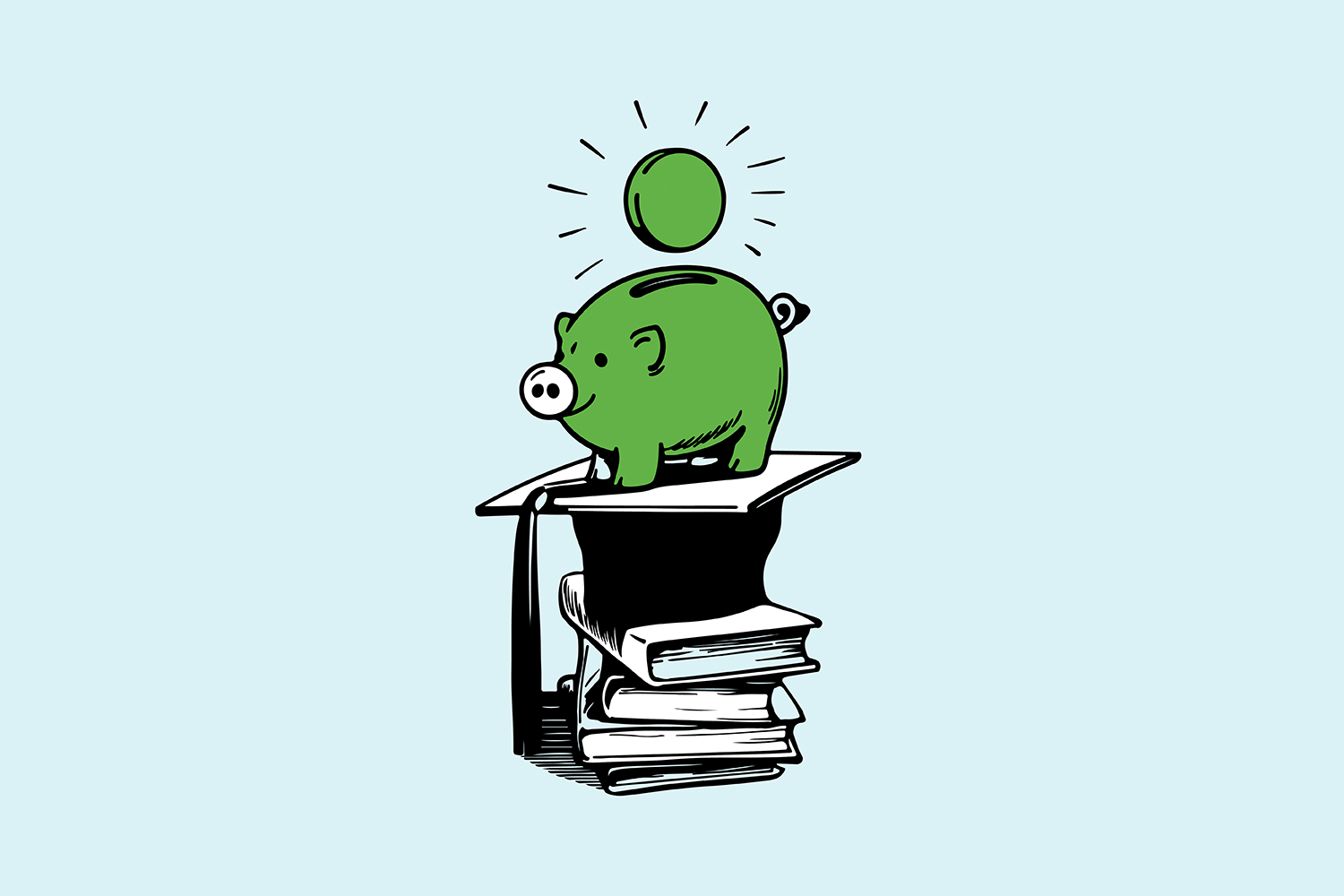The Story
In a circular to Commercial banks last week Monday, the Central Bank of Nigeria (CBN) announced that the minimum interest rate on Naira savings deposit has been raised from 10% of the Monetary Policy Rate (MPR) to 30%.
What is this about?
The Monetary Policy Rate (MPR) is the interest rate the central bank uses as a tool to control monetary variables such as exchange rate, lending rates etc. The MPR dictates the pace of other interest rates in the economy.
The CBN, in a bid to manage inflation has decided to increase the interest rate on savings accounts from 1.4% to 4.2% (30% of MPR) per annum. This rate is, however, still significantly lower than the inflation rate (19.6%) making this new rate for saving deposits still unattractive.
What was the point, right? Let’s backtrack a bit
The economic impact of the pandemic in 2020 forced central banks to cut down on interest rates. Whenever there is an economic slowdown, the monetary policy rate is reduced. This is expected to lead to a drop in lending rates and encourage businesses to borrow for expansion projects which will, in turn, lead to economic growth. Unfortunately, this has contributed to inflation.
In 2020, the CBN dropped the MPR from 13.5% to 11.5% and the interest rate on saving deposits also dropped from 30% of MPR to 10% of the MPR. This brought the interest rate on saving deposits to 1.15% per annum.
Nigeria and other economies around the world have since recovered from the immediate economic woes of the pandemic, however, the global economy is overheated with inflation. In reaction to the global rising inflation, several central banks have hiked their monetary policy rates. In Nigeria, the CBN increased the monetary policy rate from 11.5% to 14% in the last 4 months. Increasing the policy rate raises the interest rate on all other financial instruments including savings accounts.
Raising the policy rate may help reduce inflation in other economies, it may however not achieve the same in Nigeria as the inflation in Nigeria is structural (cost-push) and not just about there being too much money in circulation.
What does this mean for me as an everyday Nigerian?
It is interesting to note that an increase in the monetary policy rate also raises the interest rate on fixed-income instruments. In the past couple of months, the rate on the 3-year FGN Savings Bond has risen from 8% to 10% and the interest rate on government bonds has also been on a steady rise.
The decline in fiscal revenue (revenue earned from tax income) and the financial demands of a pre-election year, suggests that there might be a further increase in the government’s participation in the fixed income space (i.e. to raise debt) which might raise the interest rate on government securities.
Investors looking to build emergency funds or invest in low-risk assets can consider taking advantage of the rising interest rate in the fixed income market, rather than keep their funds in a savings account.




